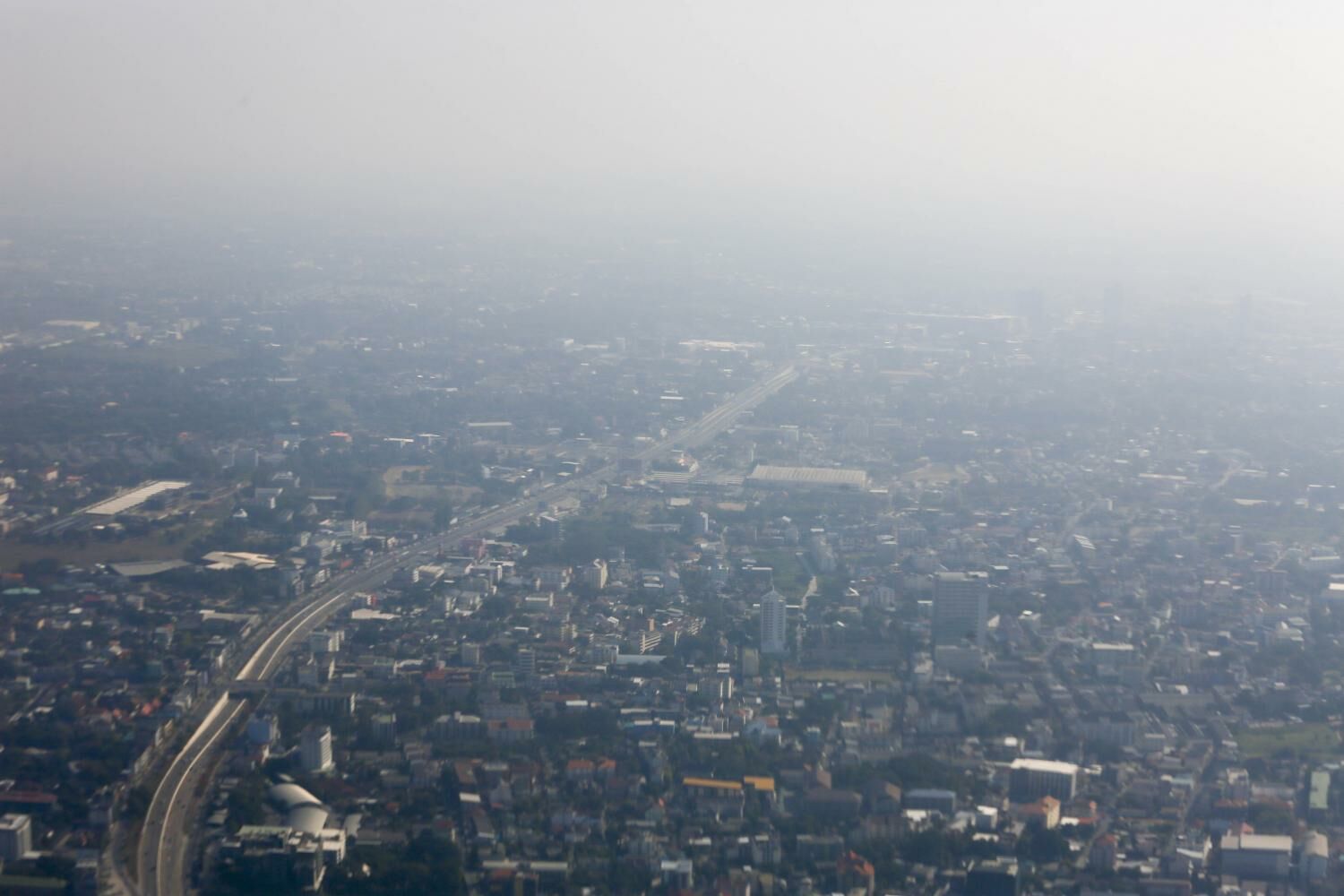Thailand’s clean air bill targets PM2.5 dust menace

Thailand’s Cabinet has given preliminary approval to the Clean Air Bill, a bold initiative designed to combat the annual scourge of PM2.5 ultra-fine dust. This is a major move that gives authorities the necessary tools to manage sources of air pollutants effectively, particularly the minuscule dust particles that become a significant issue in the country each cool season.
The Clean Air Bill, proposed by Natural Resources and Environment Minister Phatcharavat Wongsuwan, is an ambitious plan to systematically reduce air pollution. Prime Minister Srettha Thavisin will head a committee on clean air dedicated to controlling pollutants from four main sources – factories and workplaces, outdoor burning areas, vehicles, and transboundary haze.
To fulfil these environmental requirements, the government will establish clean air standards, utilise air monitoring systems, and maintain a national air quality database. The bill also proposes the creation of temporary panels to address air pollution in problematic areas.
Financial mechanisms such as a new tax for clean air and an air pollution management fee are incorporated within the draft legislation. Measures to motivate households and businesses to reduce pollutants are also included. Violators of these new regulations could face civil penalties and punishments.
Chairman of the Federation of Thai Industries’ Sugar Industry Club, Chalush Chinthammit, expressed support for the bill. However, he has requested more explicit government guidance on how industrial operations should adapt to the new legislation. The sugar industry is considered indirectly responsible for PM2.5 emissions due to the burning of sugarcane, reported Bangkok Post.
Authorities have initiated a campaign to discourage sugar cane plantation burning. The government approved an incentive package on December 4 for farmers who transition to fresh sugarcane harvesting for the 2022 to 2023 crop year. Industry Minister Pimphattra Wichaikul reported that farmers will receive 120 baht per tonne of fresh sugarcane. The money will be handed out in January next year.
Financial support package
The campaign has seen participation from 140,000 farmers nationwide, necessitating an 8 billion baht financial support package. The government has yet to decide whether this incentive package will apply to the 2023 to 2024 crop year.
PM2.5, harmful dust particles less than 2.5 microns in diameter, is a significant target of the Clean Air Bill. These particles, which originate from outdoor burning, bushfires, ageing diesel vehicles, and factories, can cause severe respiratory disorders. PM2.5 typically affects Thailand at the start of the year and can persist for months.
Chalush urged the government to focus more on tackling PM2.5 emissions from the transport sector.
“Burned sugarcane represents less than 3% of total sugarcane output.”
The government has been advised to encourage the shift from diesel-powered cars to battery-run vehicles. Amorn Sapthaweekul, deputy chief executive of Energy Absolute Plc, a renewable energy and electric vehicle (EV) developer and operator, suggested that policymakers should commence building the EV ecosystem by prioritising commercial EVs.
Latest Thailand News
Follow The Thaiger on Google News:


























